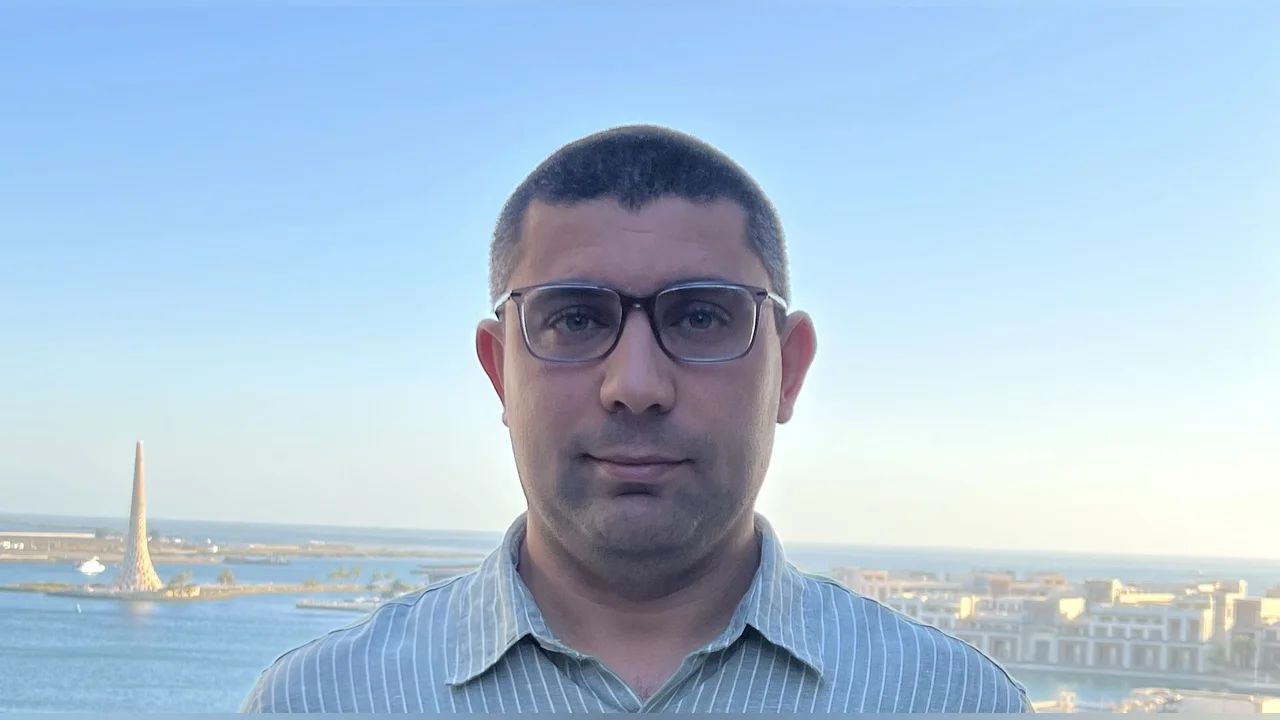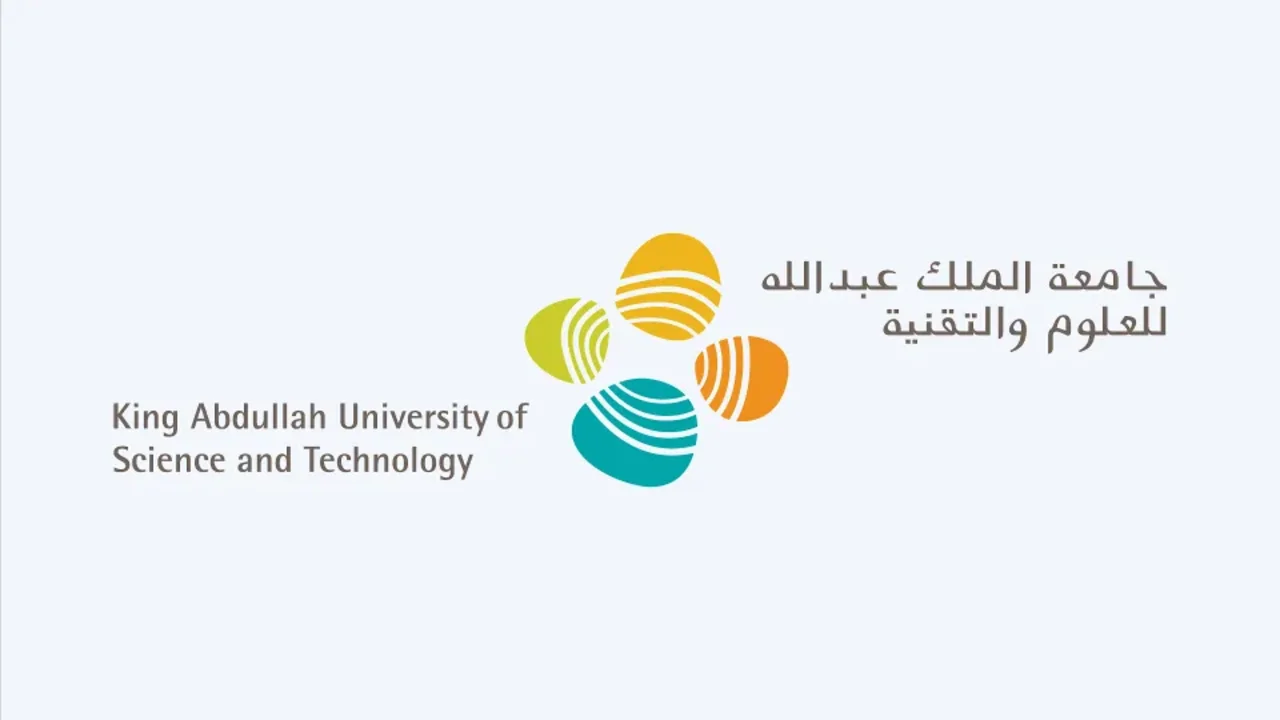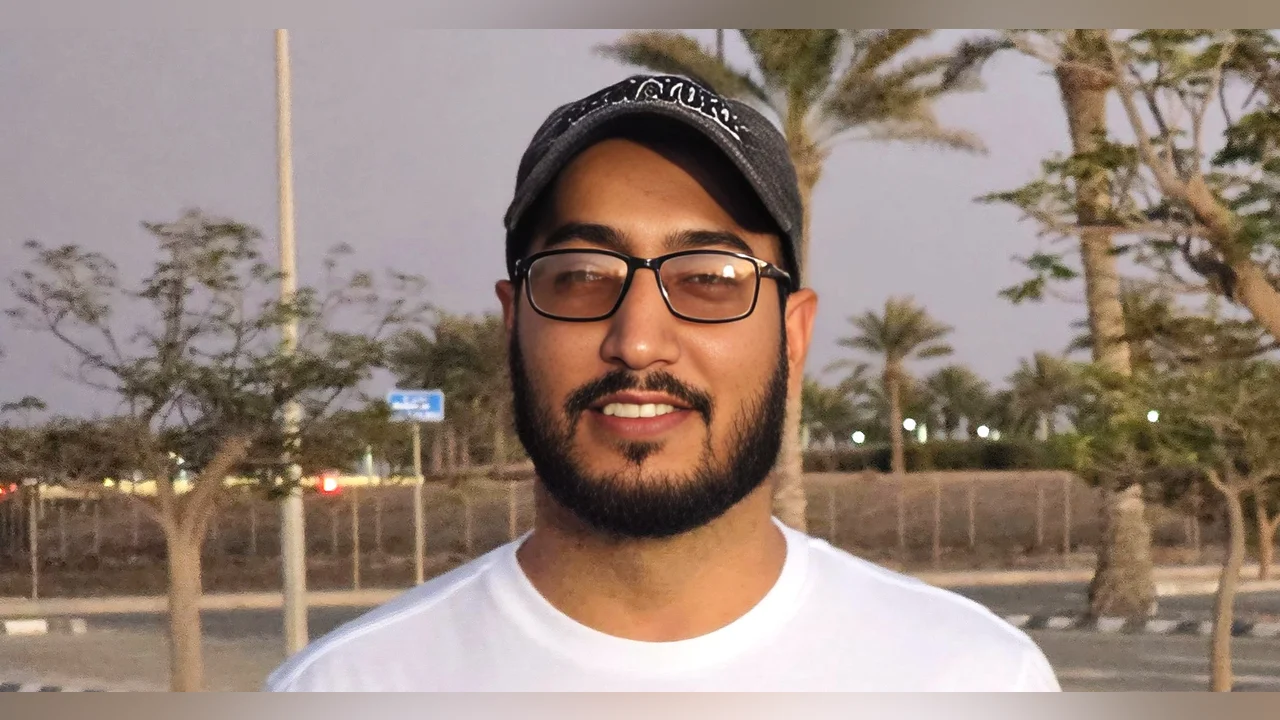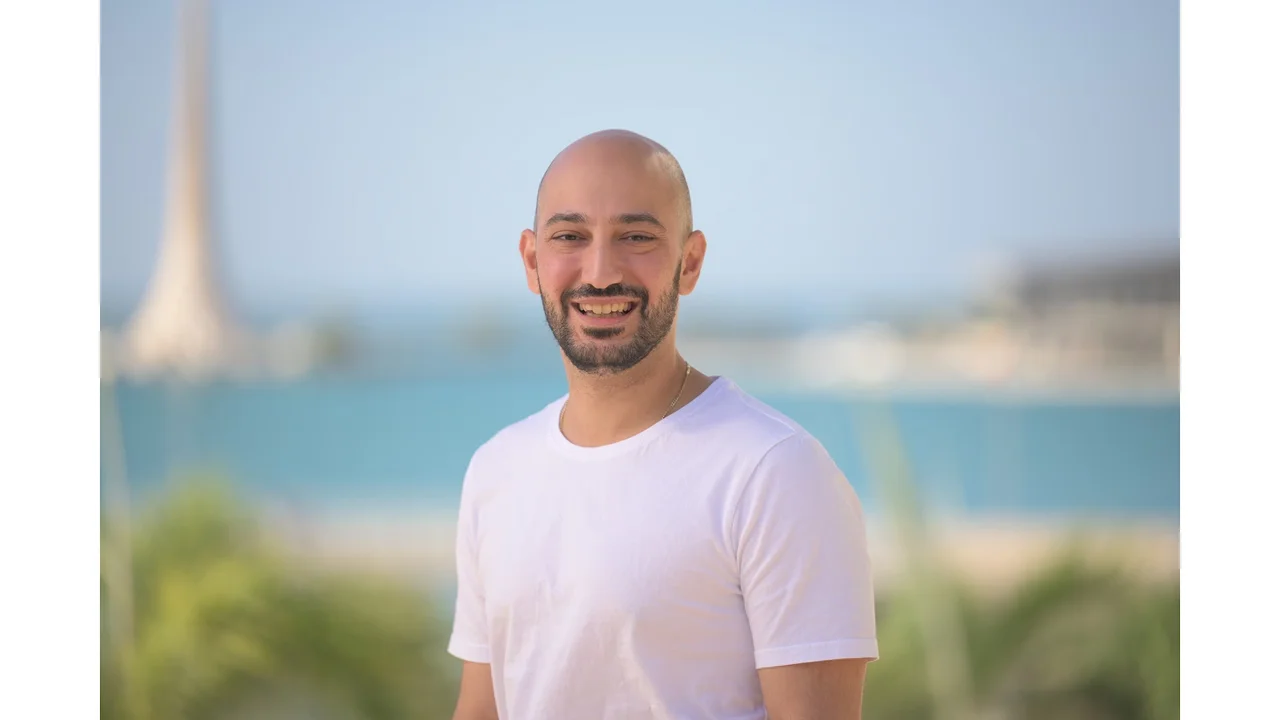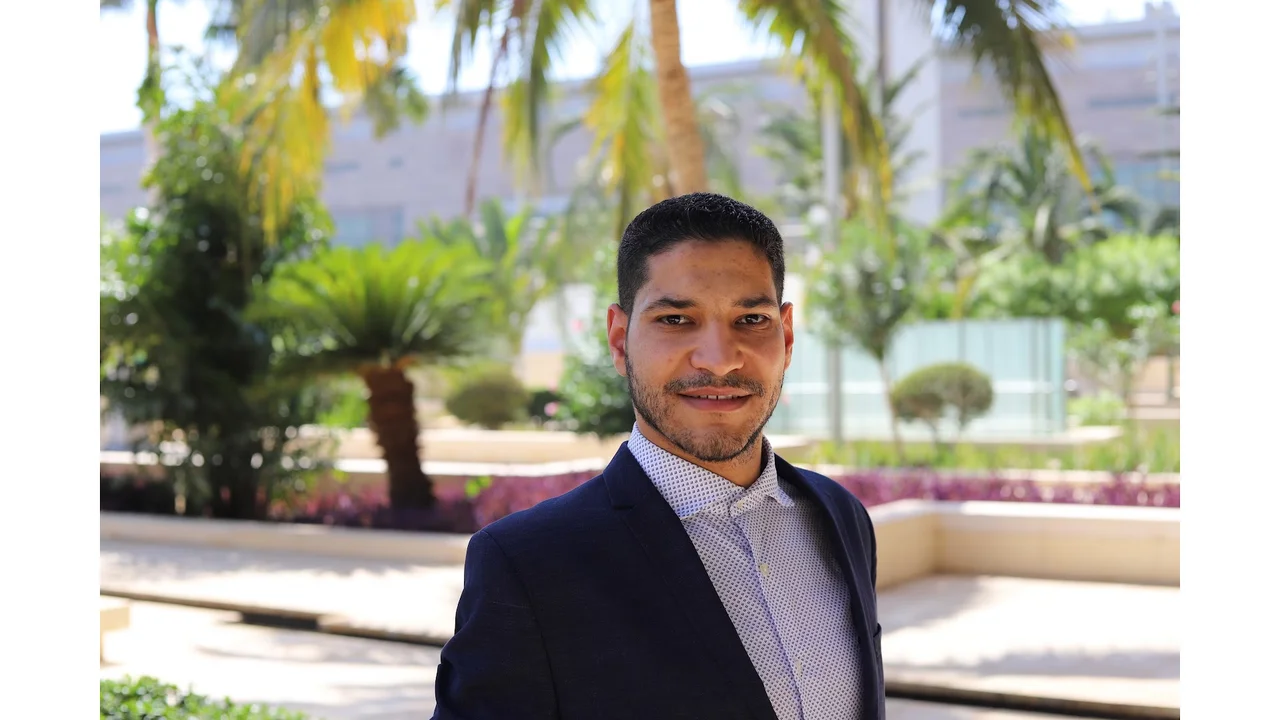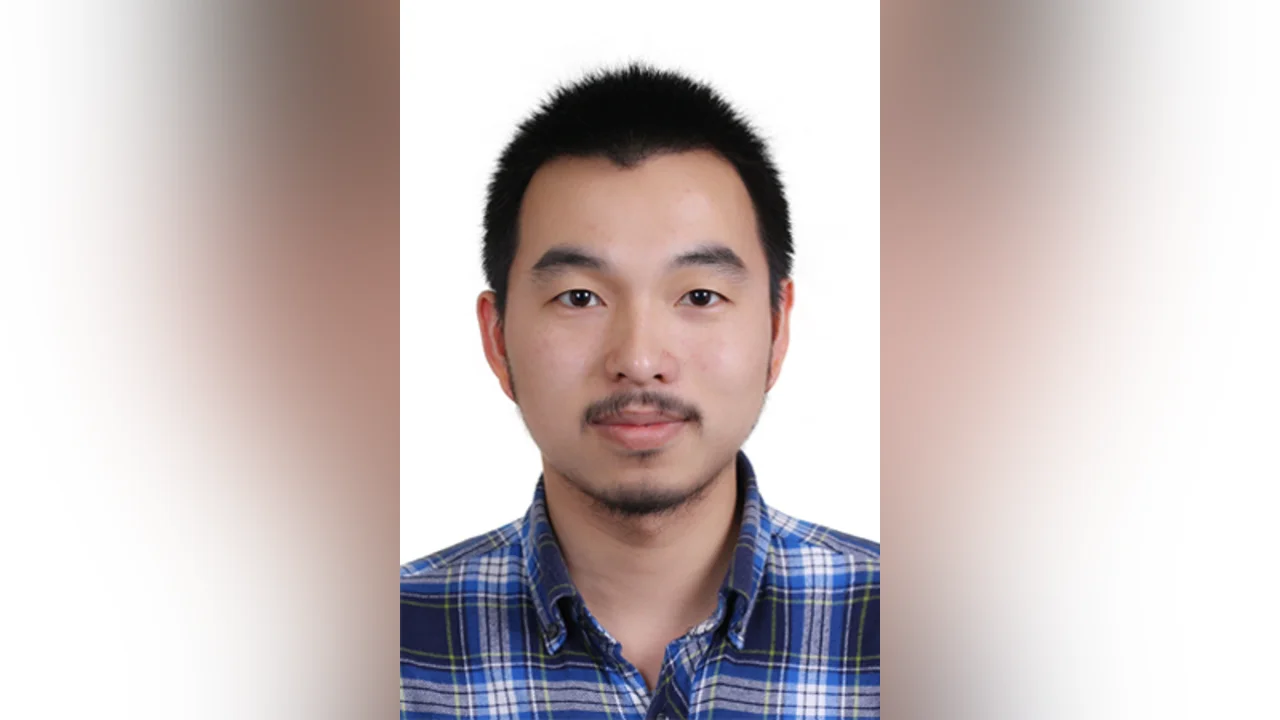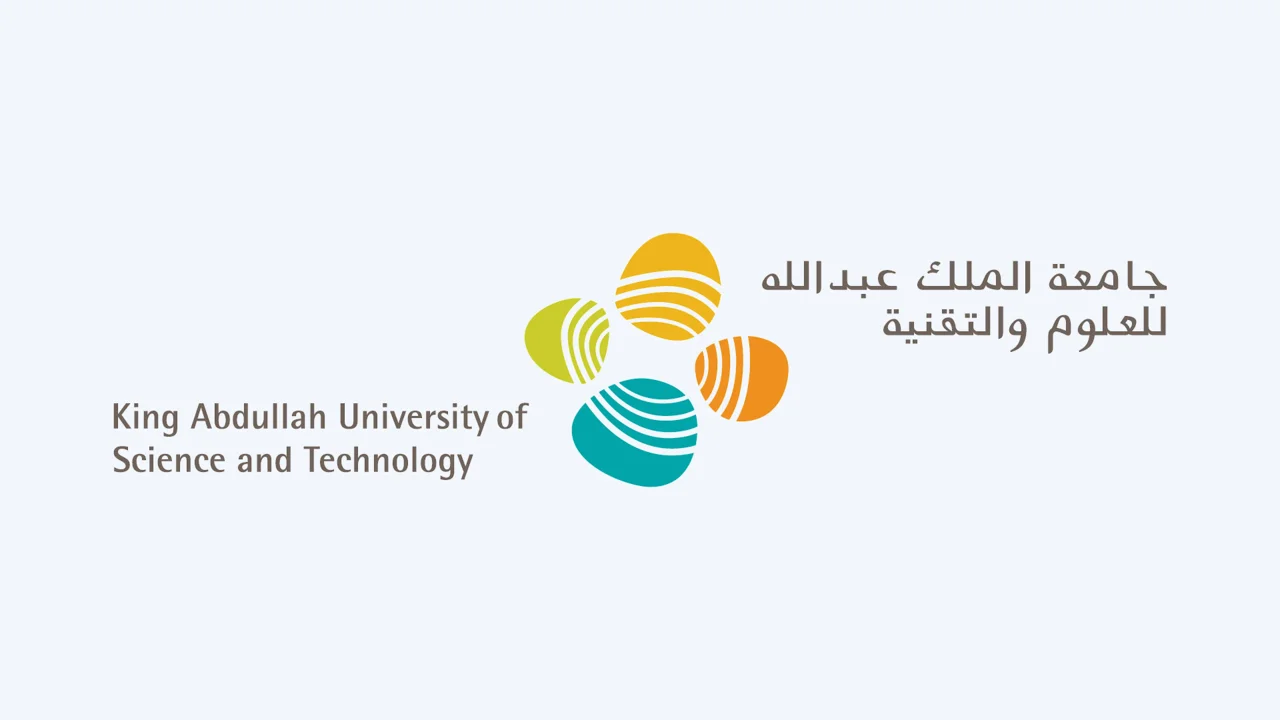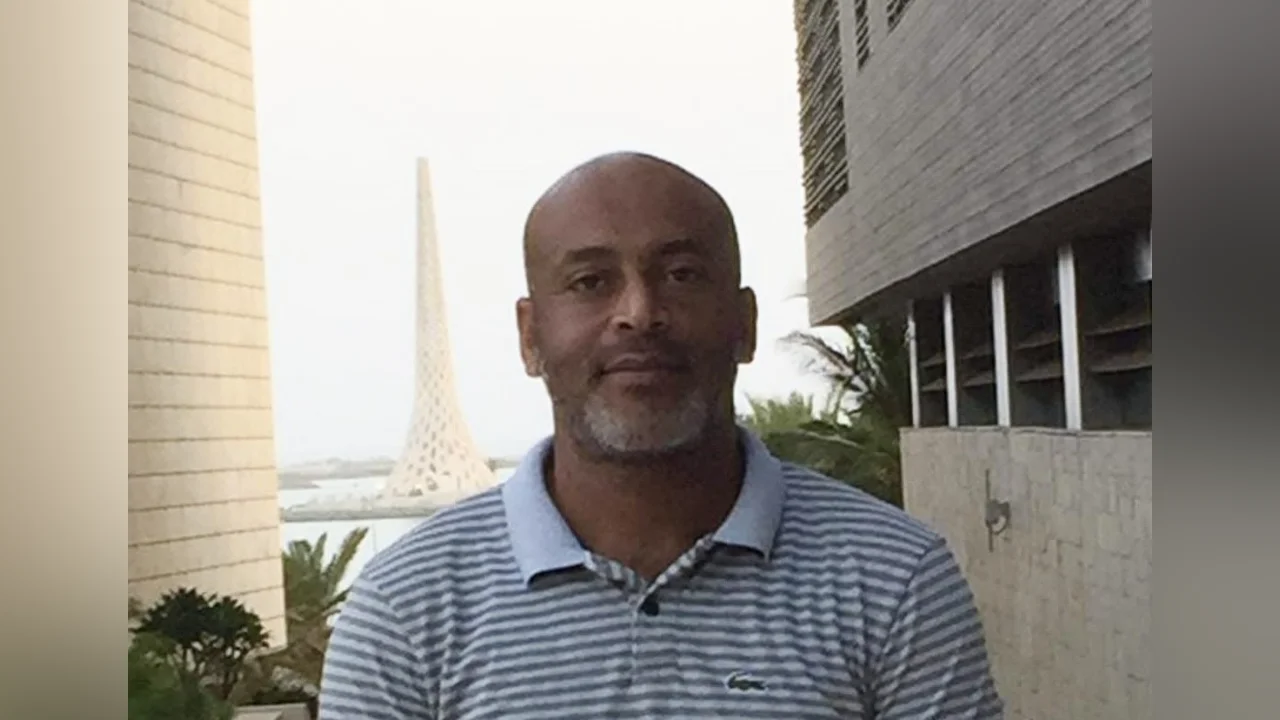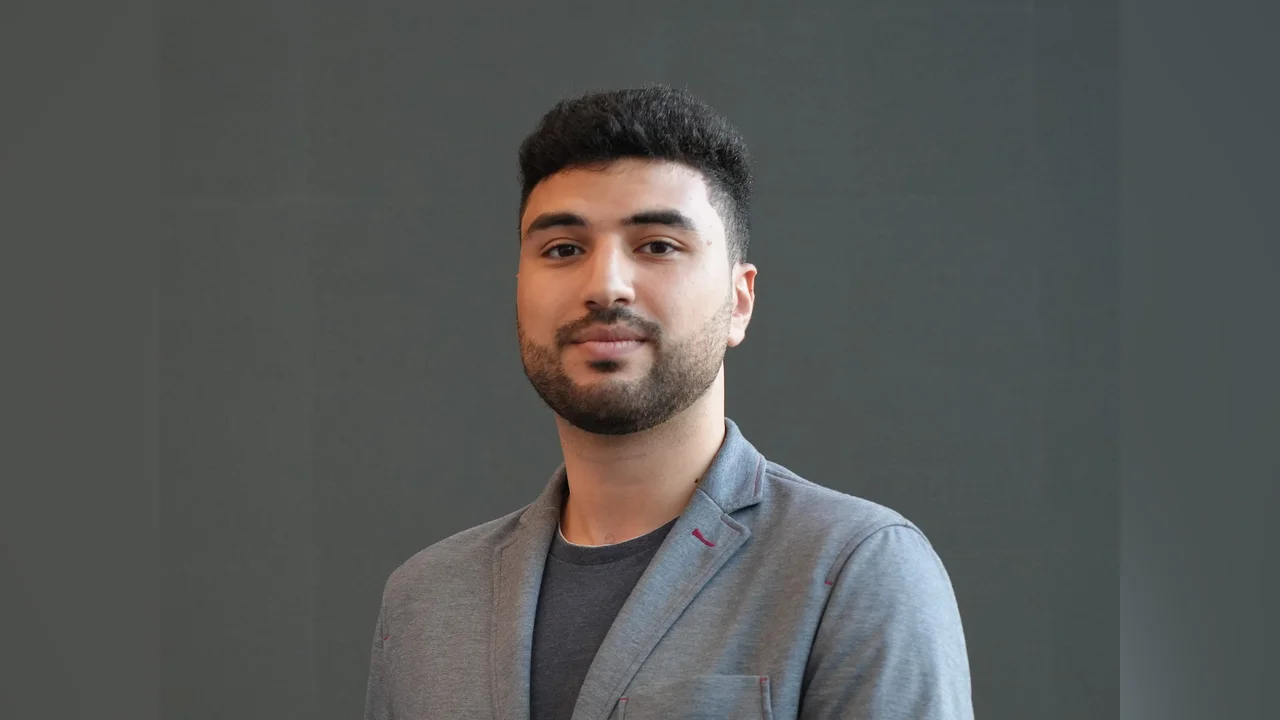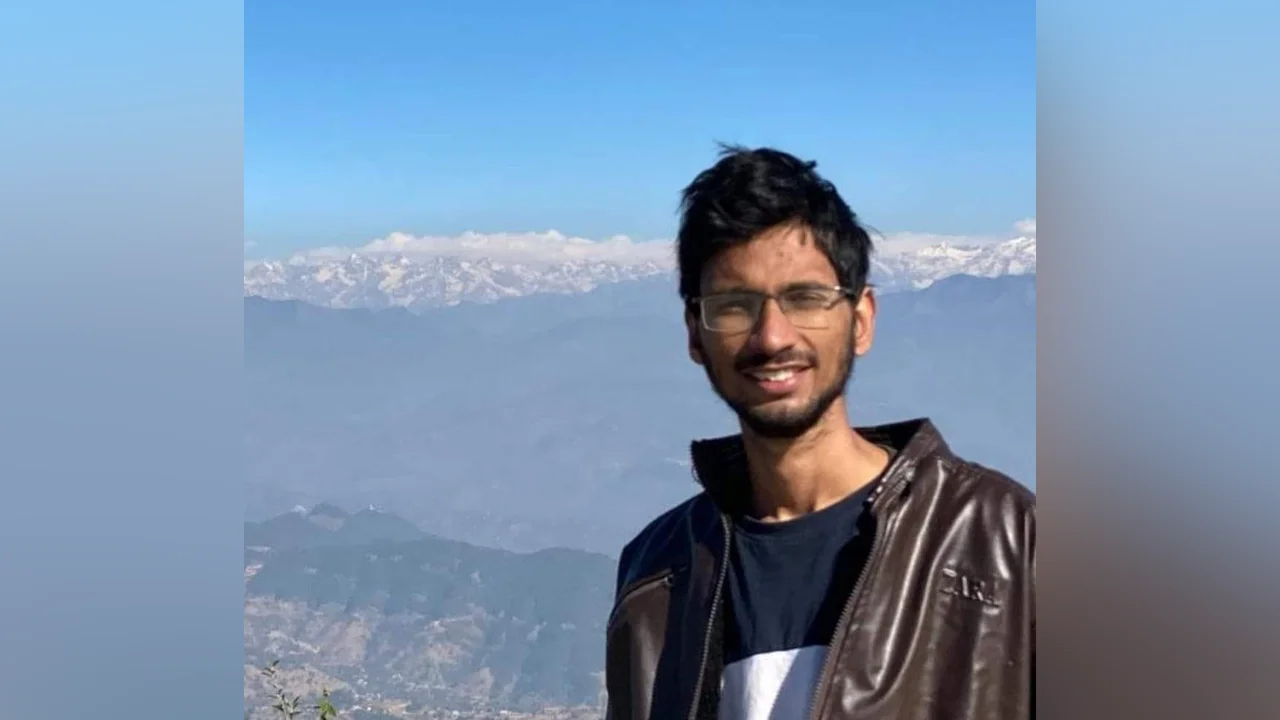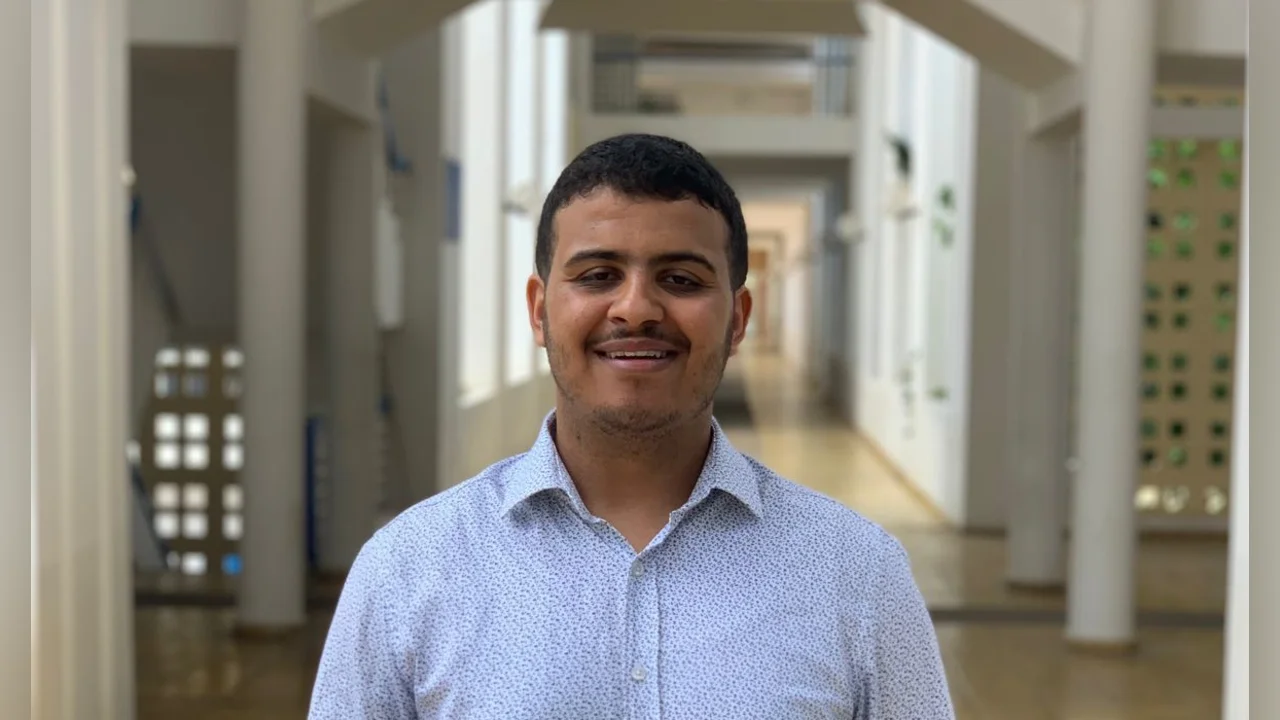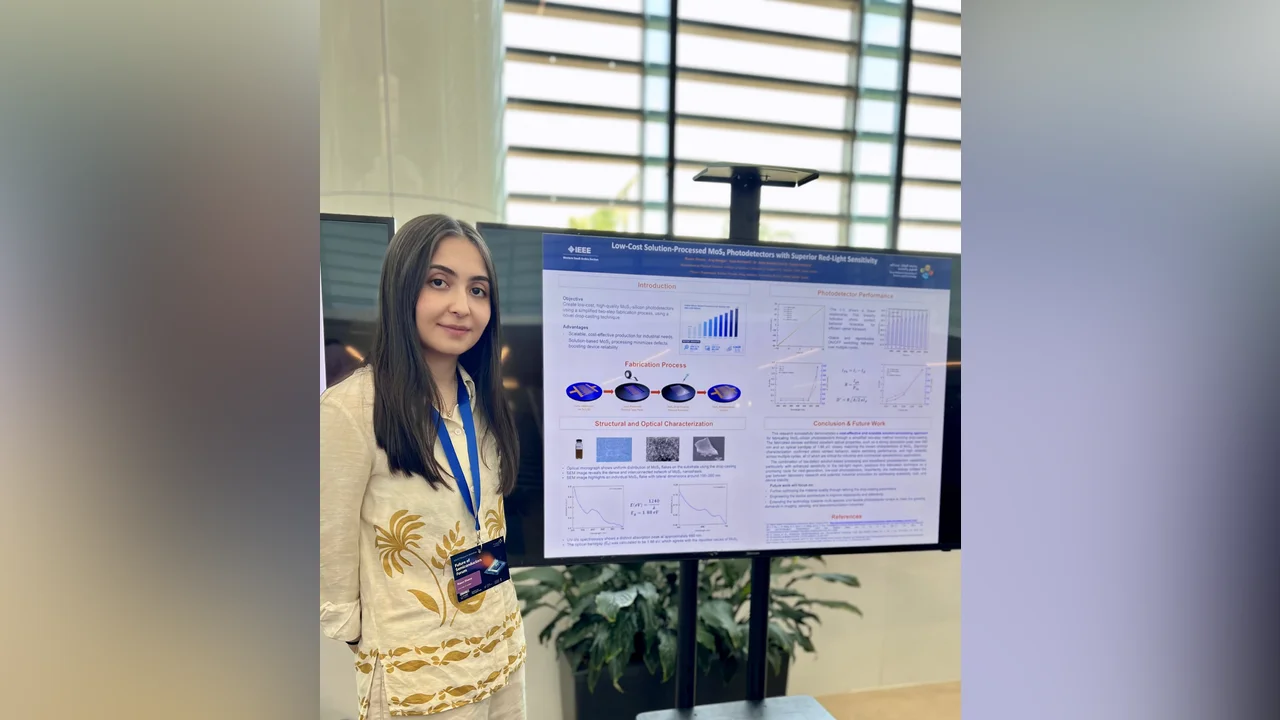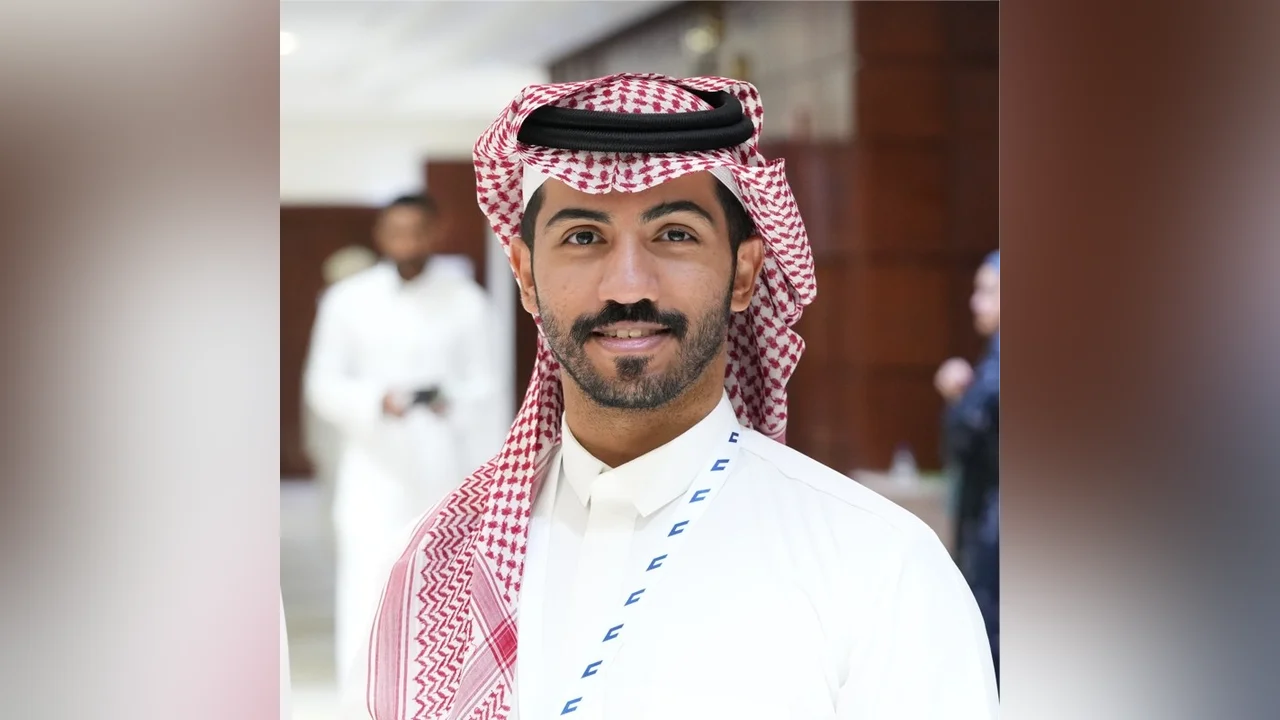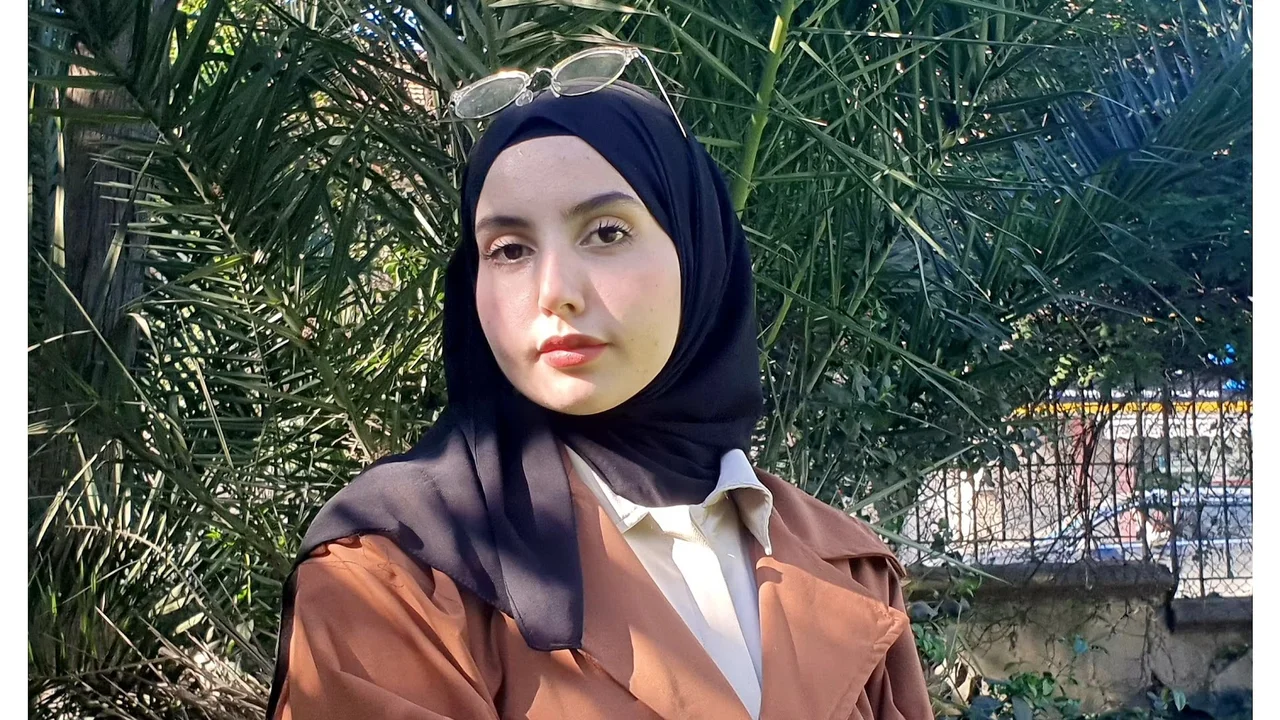Biography
Hakim Ghazzai, Senior Member, IEEE, joined the CEMSE Division as a Research Scientist in 2021. Previously, he held several research scholar positions with the Qatar Mobility Innovations Center (QMIC), Qatar, Karlstad University, Sweden, and Stevens Institute of Technology, NJ, USA. Since 2019, he has been on the Editorial Board of the IEEE Communications Letters and the IEEE Open Journal of the Communications Society. Since 2020, he joined the Board of IoT and Sensor Networks (a specialty section of Frontiers in Communications and Networks) as an associate editor. He is a recipient of appreciation for being an exemplary reviewer for IEEE Wireless Communications Letters in 2016 and IEEE Communications Letters in 2017. He is the recipient of the best paper awards at the 2023 IEEE International Conference on Smart Mobility and the 2017 International Conference on Advances in Vehicular Systems, Technologies, and Applications. He is the author and co-author of more than 190 publications. His general research interests include applied artificial intelligence for smart cities, the Internet of things, Intelligent Transportation Systems (ITS), mobile and wireless networks, and Unmanned Aerial Vehicles (UAVs).
Research Interests
Hakim's research focuses on the following areas:
- Green communications
- Smart city applications
- Artificial intelligence
- The Internet-of-Things
- Intelligent transportation systems
